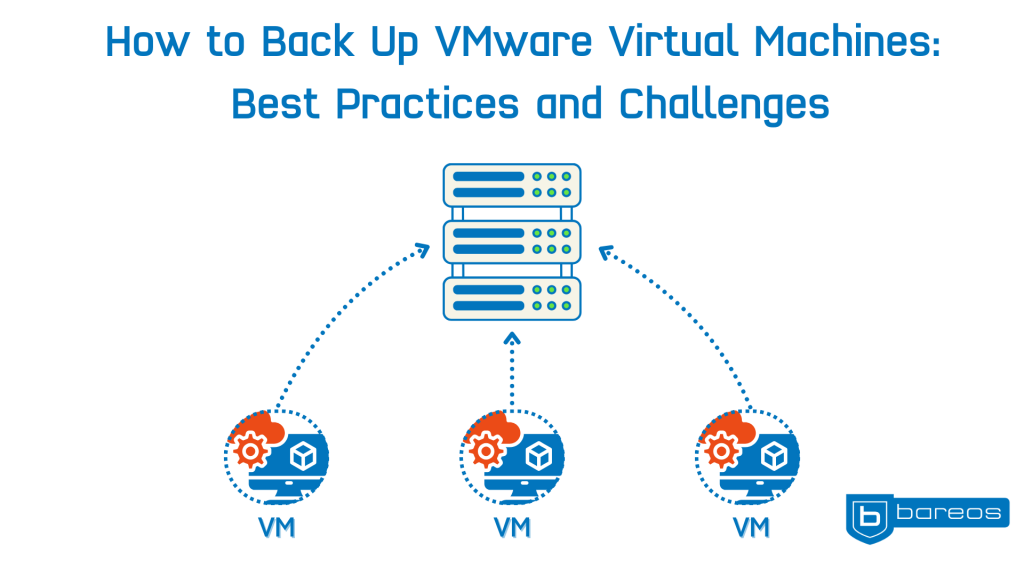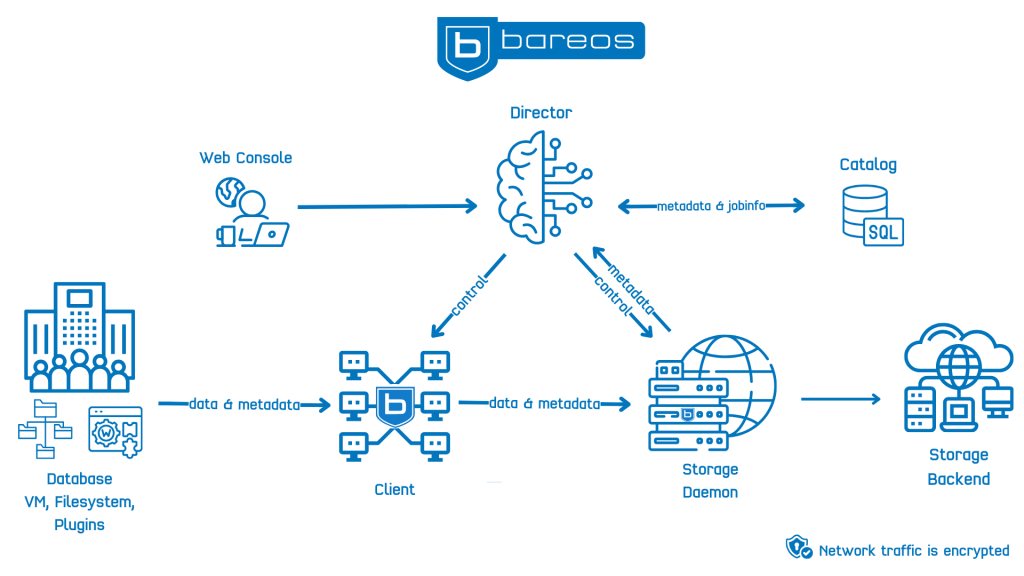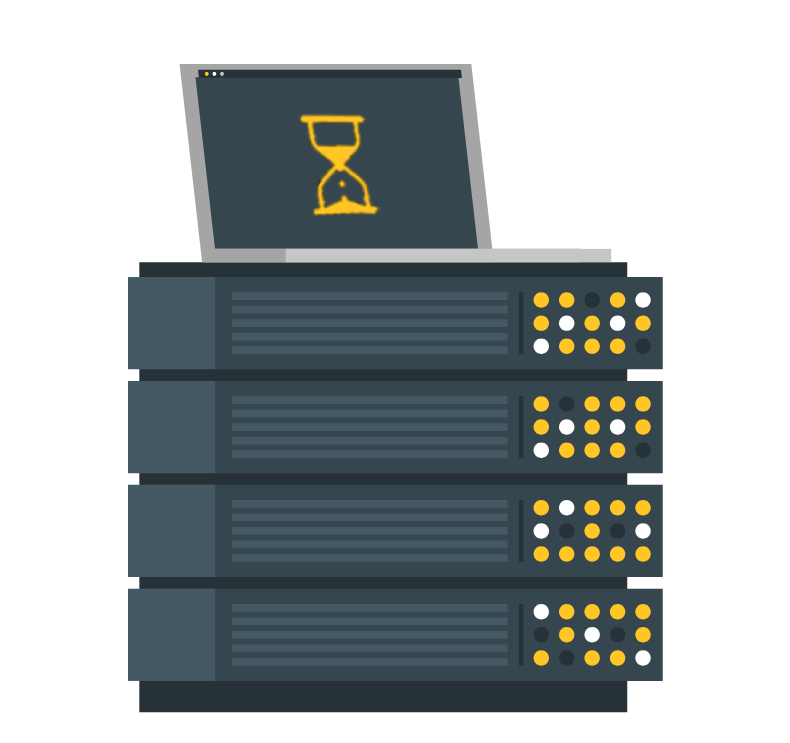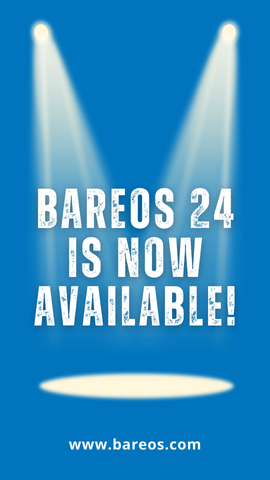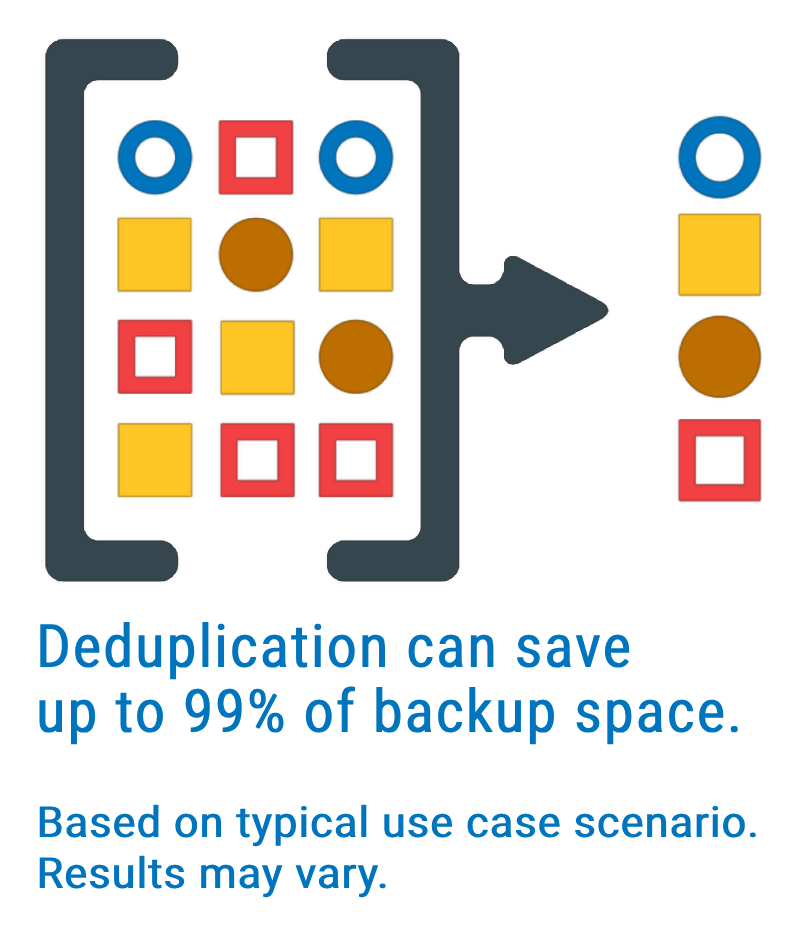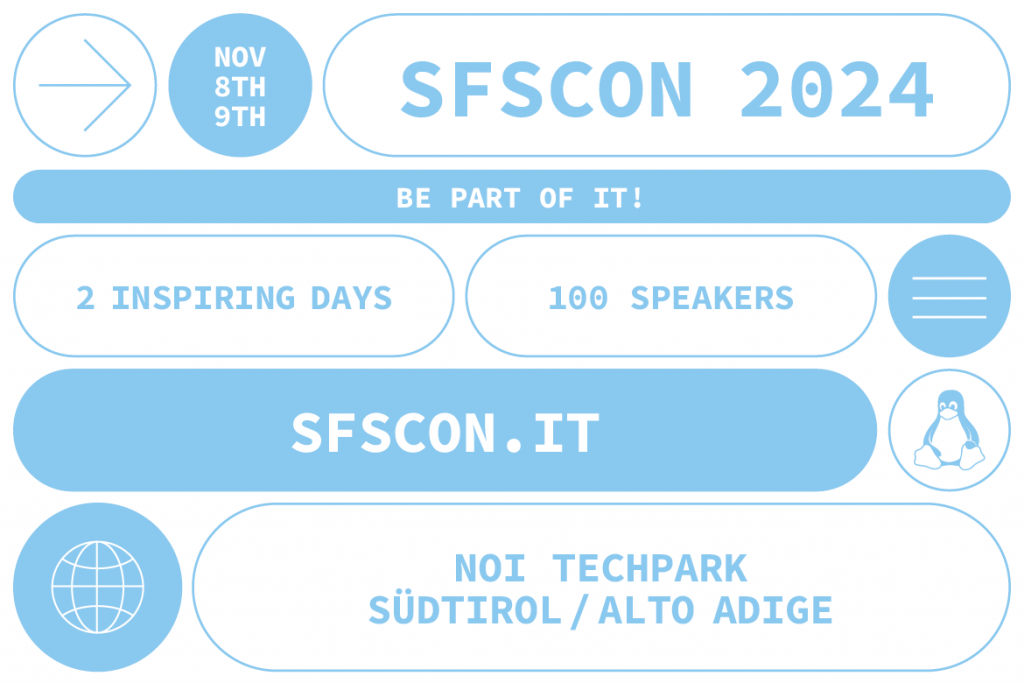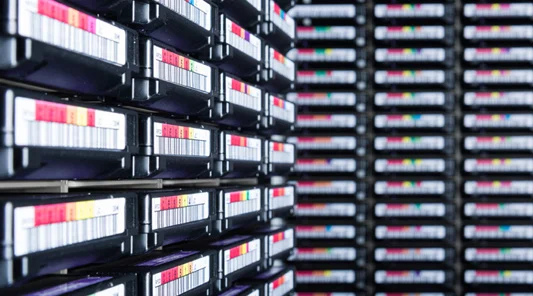Discover essential strategies for ransomware protection. Learn how Bareos backup solutions fortify your defenses against digital threats, ensuring your data’s security and accessibility.
In an era dominated by digital threats, ransomware emerges as a formidable adversary. This malicious software encrypts your files, effectively holding them hostage until a ransom is fulfilled. The threat it poses to both individuals and organizations is profound. Yet, the battle is not lost. Armed with the right strategies and tools like Bareos, securing your valuable data against ransomware is within reach. Ransomware encrypts the victim’s files, rendering them inaccessible. The perpetrators then demand a ransom for data restoration. It commonly infiltrates systems through phishing emails, malicious websites, and software vulnerabilities.
Essential Ransomware Protection Strategies:
1. Cybersecurity Awareness: Empower your team with the knowledge to identify phishing attempts and malicious links. Regular cybersecurity training enhances your first line of defense.
2. Advanced Security Software: Deploy security solutions encompassing antivirus, anti-malware, and firewall protections to destroy ransomware attempts.
3. Reliable Backups: Keep updated backups of critical data. Bareos backup solutions provide automated, secure backups that are pivotal for business continuity post-ransomware.
4. Software Updates: Ransomware exploits outdated software. Consistently updating your systems and applications fortifies your defenses.
5. Access Control: Limit access to essential data, applying the principle of least privilege to reduce risk.
6. Disaster Recovery Planning: A disaster recovery plan is indispensable. It should detail response actions for ransomware incidents, including data isolation and restoration.
7. Network Segmentation: Dividing your network limits ransomware spread, safeguarding sensitive data across various segments.
8. Email Security: Implement email filtering to eliminate phishing threats, a primary ransomware conduit.
Among all strategies for combating ransomware, regular backup is paramount. It is the only method that guarantees data recovery after an attack. Other preventative measures aim to block attacks, but they do not guarantee data recovery in the event of a breach. Regular, secure backups, using solutions like Bareos, safeguard your data by preserving it in its pre-attack state and making it recoverable in all scenarios. This not only enhances your defense, but also effectively renders ransomware demands ineffective, demonstrating backups as the ultimate defense in your data protection strategy.
Bareos is Your Ally in Ransomware Protection
Bareos leads in data protection, offering an adept backup and recovery system designed to counter ransomware. It automates your data backups with features like data encryption and effortless recovery, positioning Bareos as an indispensable ally in ransomware protection.
Facing ransomware doesn’t mean conceding defeat. With proactive strategies and dependable tools like Bareos, you can shield your data from threats and ensure operational resilience. It’s more than a technical safeguard—it’s a strategic business imperative.
Implement these protective measures today and take control of your data security.
Are you interested in bolstering your defenses with Bareos? Reach out us now to explore how our backup and recovery solutions can secure your data against ransomware and other cyber threats.




